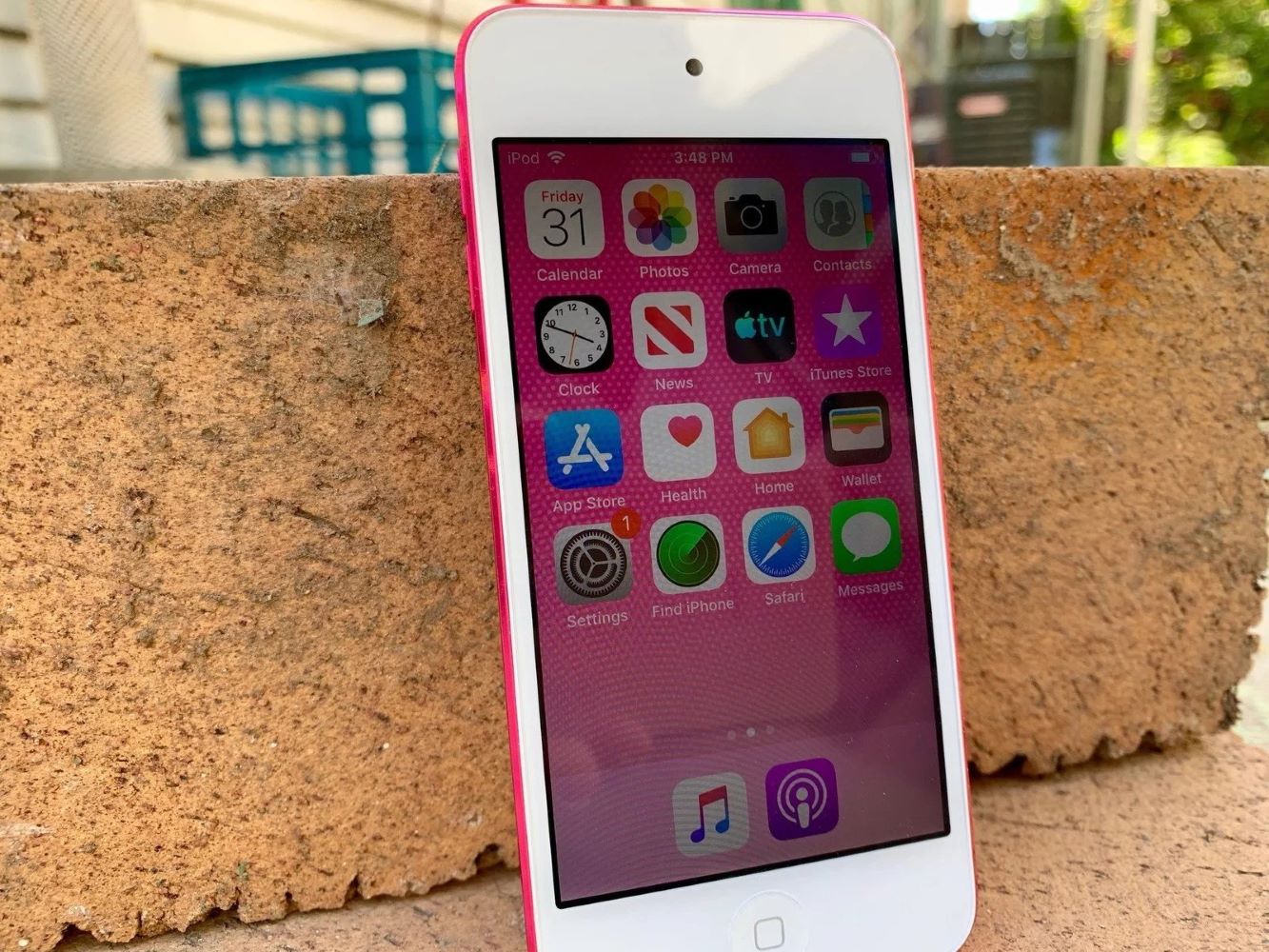
Introduction
Choosing a handheld device can be overwhelming. Android smartphones offer a wide range of choices from various manufacturers like Samsung, Google, and OnePlus, each with its own set of features and price points. iPods, on the other hand, are known for their sleek design and user-friendly interface, primarily designed for music and video consumption. This article will compare these two types of devices to help you make an informed decision.
Design and Build Quality
Android Smartphones
- Variety in shapes and sizes
- Options range from compact devices like Google Pixel 4a to larger screens like Samsung Galaxy S22 Ultra
- Build quality varies: premium materials like glass and metal, or more affordable plastics
iPods
- Minimalist design
- Latest iPod Touch features a sleek aluminum body
- Compact size, easy to carry, perfect for music and video streaming
Display
Android Smartphones
- Wide range of display options: Full HD to 4K resolutions
- Various screen sizes
- High-end models feature OLED displays for better contrast and color accuracy
iPods
- Latest iPod Touch has a 4-inch Retina display
- Smaller but vibrant and clear for watching videos or browsing the internet
Performance
Android Smartphones
- Generally more powerful
- High-end devices like Samsung Galaxy S22 Ultra equipped with Qualcomm Snapdragon 8 Gen 1 chip, up to 16GB RAM, and up to 1TB storage
- Smooth performance for demanding apps or games
iPods
- Designed primarily for media consumption
- Runs on Apple's A14 Bionic chip
- Sufficient power for streaming music or videos but may struggle with resource-intensive activities
Operating System
Android
- Open-source platform
- Customizable software experience
- Examples: Samsung's One UI, Google's Pixel UI
iOS (iPods)
- Seamless integration with other Apple devices
- User-friendly interface
- Less customizable compared to Android
Battery Life
Android Smartphones
- Generally longer battery life
- Larger batteries and power-efficient processors
- High-end models like Samsung Galaxy S22 Ultra can last a day or more with moderate use
iPods
- Smaller batteries
- Designed for conservative usage patterns: streaming music or watching videos occasionally
Camera
Android Smartphones
- Wide range of camera options
- Basic sensors in budget-friendly models to advanced multi-lens setups in high-end devices
- Features like optical zoom, portrait mode, and night mode
iPods
- No rear-facing cameras
- Front-facing camera suitable for video calls or selfies
Storage
Android Smartphones
- Expandable storage via microSD cards
- High-end models like Samsung Galaxy S22 Ultra come with up to 1TB internal storage
- Budget-friendly options like Google Pixel 4a start at 128GB, expandable up to 512GB
iPods
- No expandable storage
- Varying capacities: 32GB to 256GB depending on the model
Connectivity
Android Smartphones
- More connectivity options: Wi-Fi 6E, Bluetooth 5.2, NFC, USB-C ports
iPods
- Support Wi-Fi connectivity
- Lack NFC or USB-C ports
- Rely on Lightning connectors for charging and data transfer
Gaming
Android Smartphones
- Robust gaming capabilities
- Powerful processors and dedicated gaming features like Google Play Games
- High-end models like Samsung Galaxy S22 Ultra or Google Pixel 6 Pro are well-suited for gaming
iPods
- Not as robust for gaming
- Can handle casual games available through the App Store
Price
Android Smartphones
- Wide price range: budget-friendly options like Google Pixel 4a starting at around $300 to high-end models like Samsung Galaxy S22 Ultra costing upwards of $1,000
iPods
- Generally more expensive than budget-friendly Android options but less expensive than high-end models
- Prices start at around $199 for the base model up to $399 for higher storage capacities
Final Thoughts
Choosing between an Android smartphone and an iPod depends on your specific needs and preferences. If you need a device capable of handling complex tasks like multitasking or heavy-duty computing tasks such as gaming or video editing, an Android smartphone might be the better choice. However, if simplicity with a focus on media consumption like streaming music or watching videos occasionally is your priority, then an iPod could be ideal. Both options offer unique benefits, making them suitable for different user profiles.
